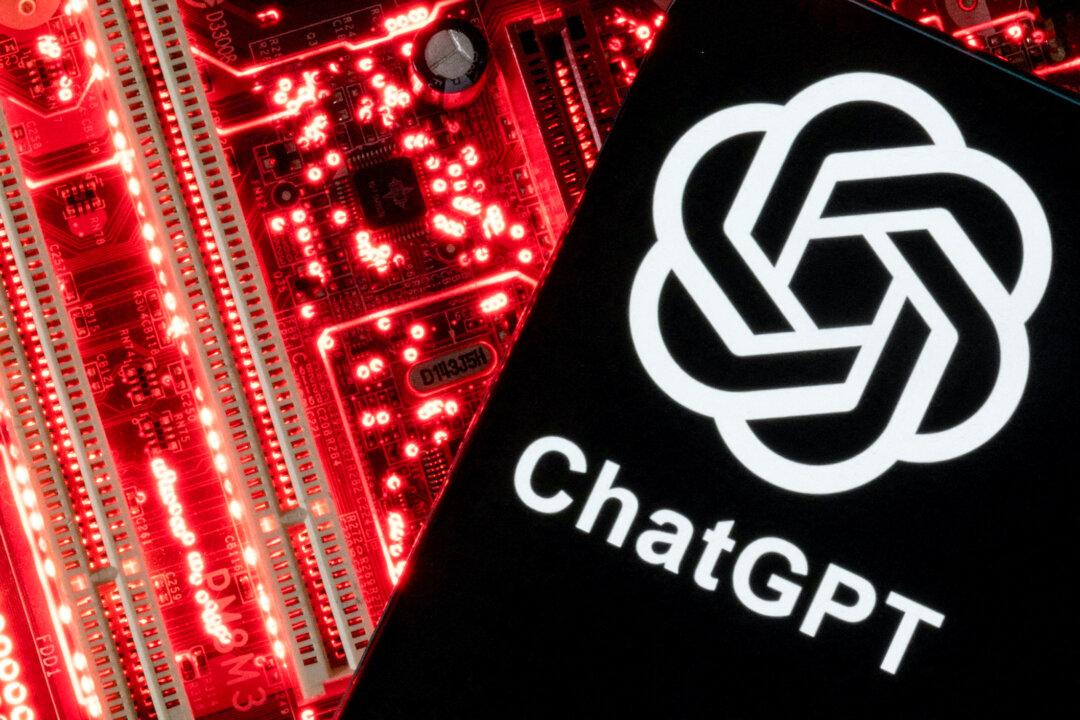Commentary
“Education,” as Malcolm X so accurately noted, “is our passport to the future.” However, because of the rapid developments in artificial intelligence (AI), the future looks incredibly uncertain.

“Education,” as Malcolm X so accurately noted, “is our passport to the future.” However, because of the rapid developments in artificial intelligence (AI), the future looks incredibly uncertain.